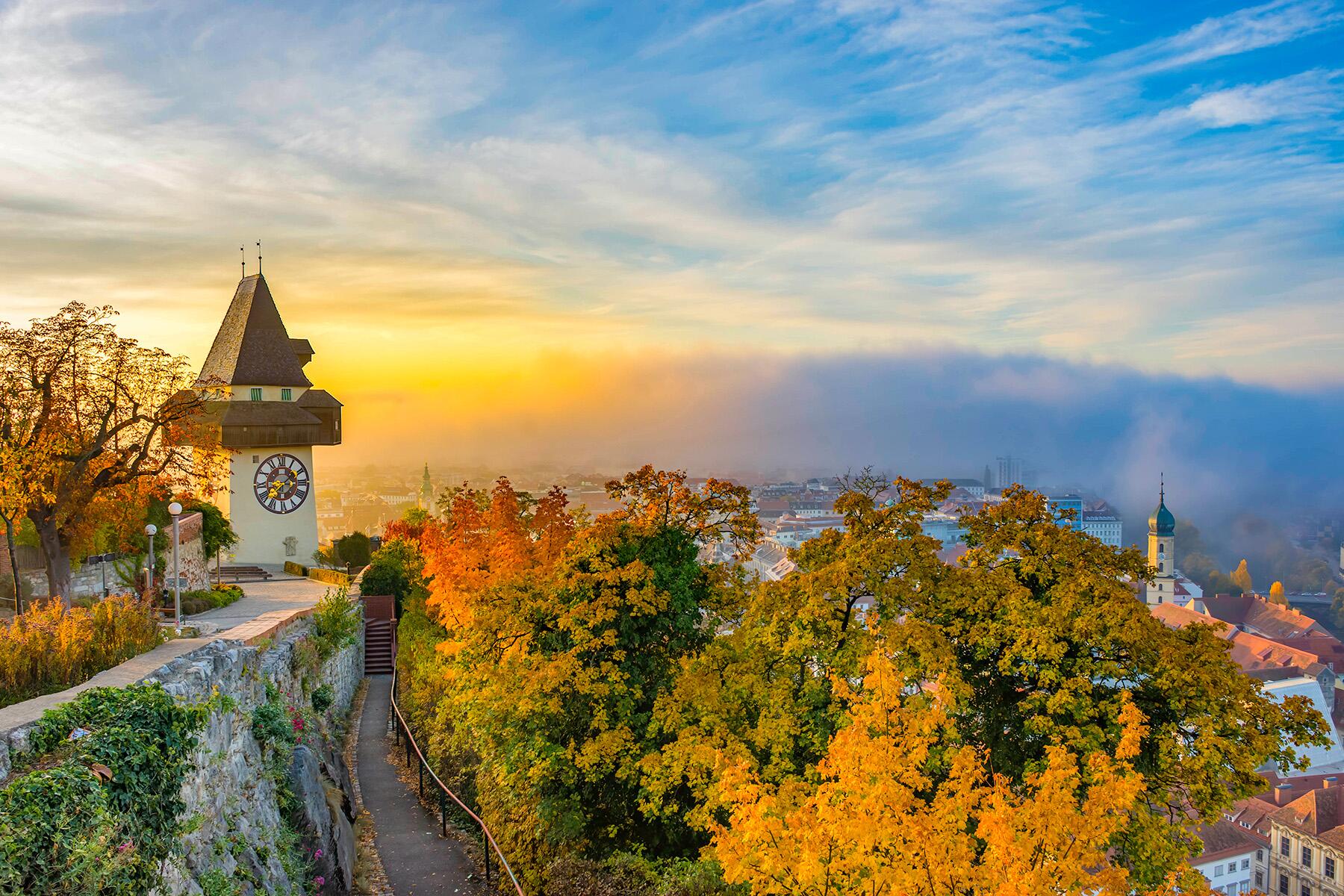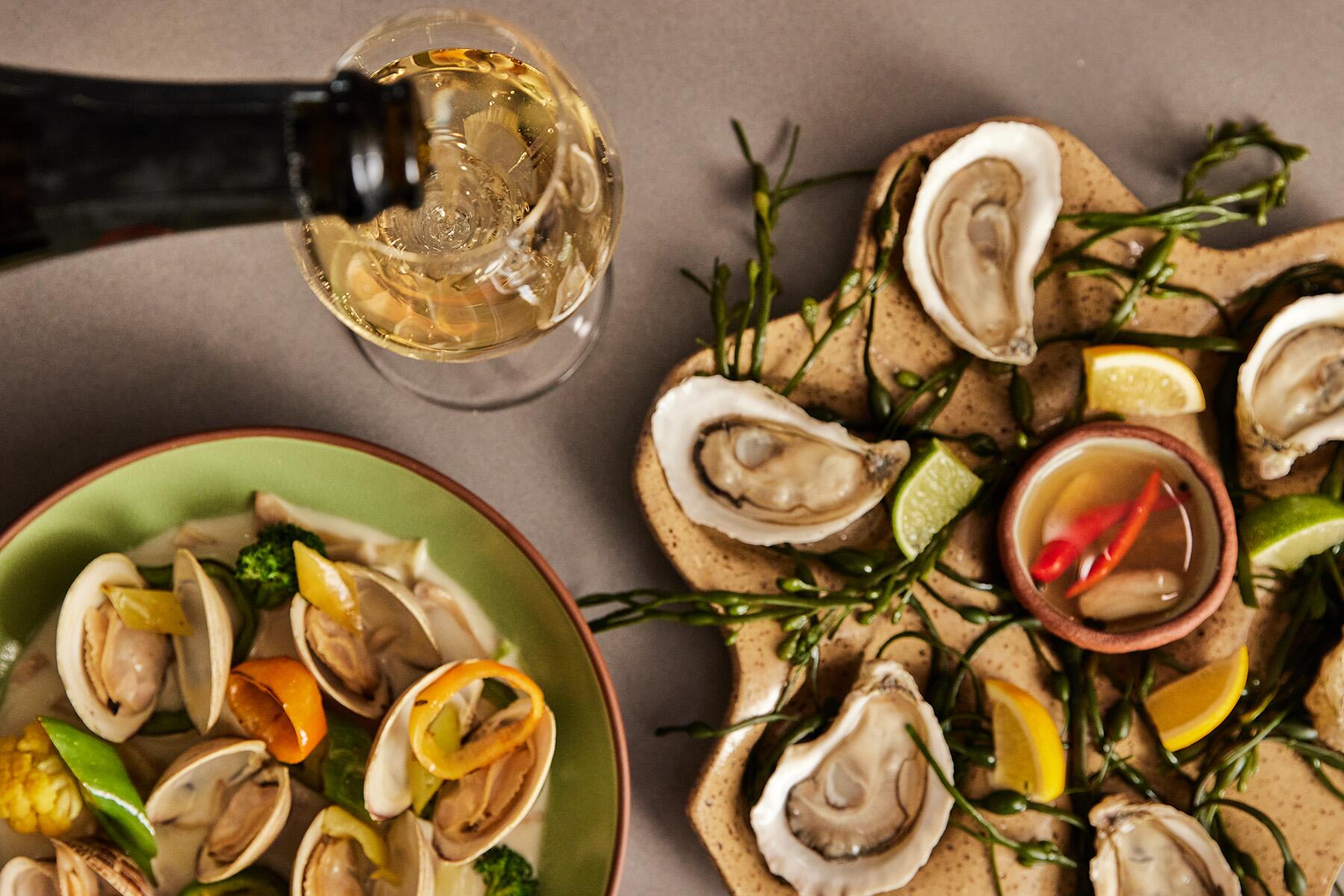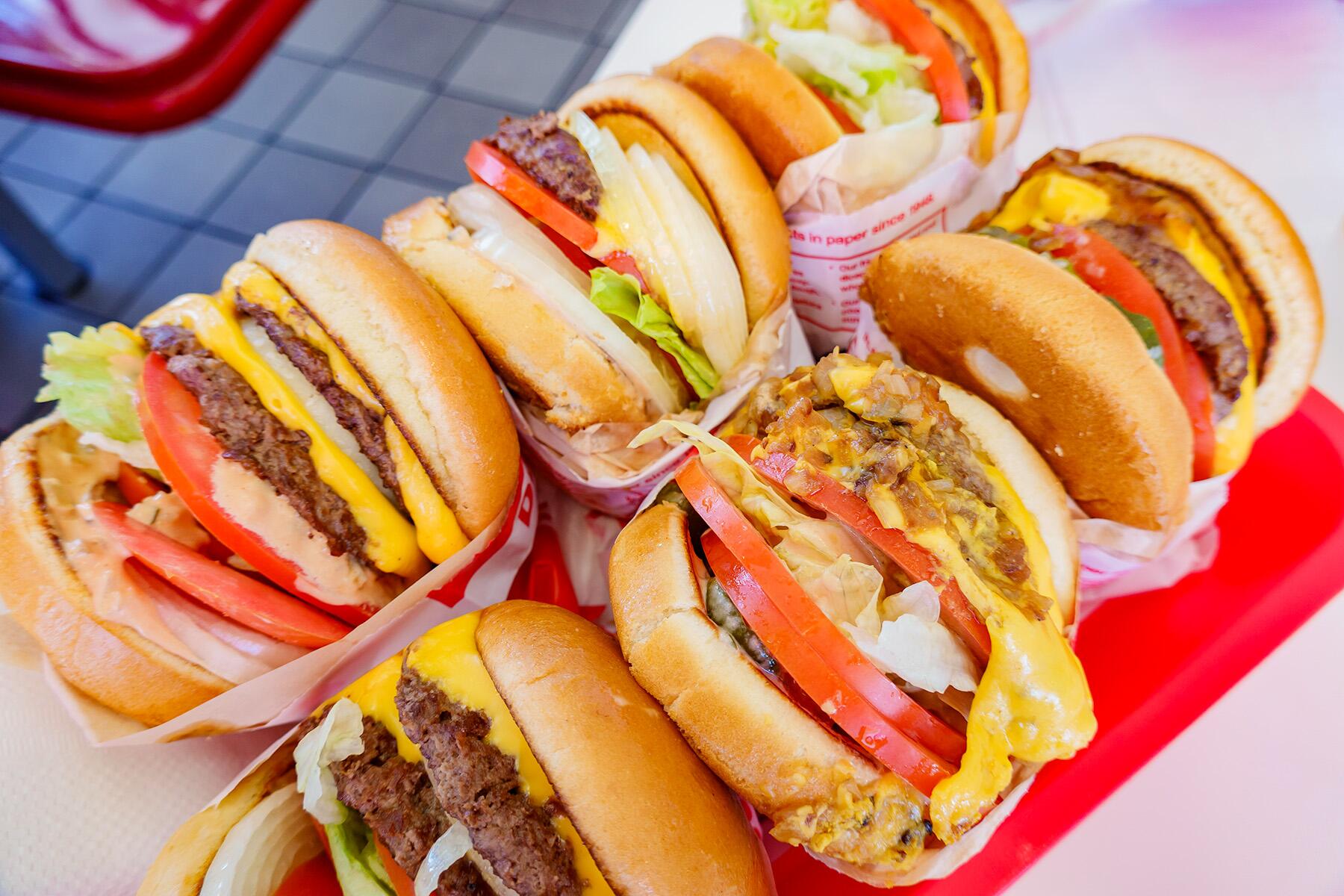The land of meat and cheese is going vegan.
Until a couple of years ago, finding a vegan croissant—made without eggs, milk, or butter—in Italian cafes really seemed like an impossible task. Today, nearly every breakfast spot in Rome offers this option, as well as cappuccinos prepared with vegan milk substitutes. It’s an unmistakable sign that the green revolution has finally reached Italy.
In the heart of Trastevere, the traditional restaurant and bakery Checco Er Carettiere proudly displays these delicious croissants as part of its glorious breakfast options. The owners attribute the expanded menu to their customers. “Encouraged by a lot of our clients, who chose a vegan diet because of health reasons or simply lifestyle, we started to produce vegan croissants, rigorously made without eggs or animal fats.”
If in the past being vegan and enjoying Italian cuisine seemed at opposite ends given the great amount of meat and dairy products involved in the production of Italy’s most famous foods, it is now clear that an increasing number of Italians are embracing veganism.
View this post on Instagram
The number of people choosing to eat plant-based food in Italy has indeed grown exponentially in the past year: 8.9% of Italians are, in fact, vegan or vegetarian—the highest percentage ever recorded according to a recent report by Euripses, an Italian research institute. The report states that “vegan and vegetarian diets are now to be effectively considered as well-established and rooted eating habits in the country.”
Recommended Fodor’s Video
According to Dr. Valentina Colasanti and Dr. Roberto Favata, both members of the Association of Vegan Italians, AssoVegan, this growth is a crucial starting point for a sustainable revolution.
They indicate that “this increase in the number of people choosing to eat plant-based is indeed significant, and the food market also demonstrates this, with new and innovative options, which are stimulated by a more sustainable and conscious lifestyle.”
They also add that going vegan is not at all incompatible with Italian culture, in which food represents such an important component: “A vegan diet does not disown Italian cuisine at all—on the contrary, it’s an invite to reclaim it.”
In fact, the traditional Italian diet is defined as the “Mediterranean diet,” which is characterized by whole grain cereals, legumes, fresh fruit, and vegetables, as well as extra virgin olive oil. While Italy may be world-famous for its meat and dairy products, the truth is that many proper Italian meals are also traditionally vegan.
These include pasta e fagioli—literally, pasta and beans—a delicious soup which is made using borlotti or cannellini beans, as well as Farinata di ceci, typical of Tuscany and Liguria, which is prepared with chickpea flour, water, olive oil, and salt.
Traditional pizzas can also be prepared without using any animal products, such as the classic pizza marinara, with tomato sauce, garlic, oregano, and a drizzle of olive oil—wonderfully simple, and truly authentic.
These recipes represent a way to re-connect with a simple, hyperlocal, and sustainable lifestyle—a way to rediscover a part of the Italian food tradition which, until recently, seemed forgotten.
View this post on Instagram
The vegan revolution has also, in part, stemmed from social media, with influencers and YouTubers driving this change. One of the most famous Italian YouTubers is Carlotta Perego, a vegan chef.
Her YouTube channel, Cucina Botanica (literally Botanical Kitchen), has over 370,000 subscribers and is one of the most popular Youtube channels in Italy. She teaches her followers how to cook plant-based, making something many see as challenging both easy and enjoyable. Some of her most-viewed videos include how to make chickpea hummus, Chinese-inspired dumplings, vegan lasagna, and, of course, banana bread.
Carlotta also recently wrote a recipe book, a straightforward guide on creating vegan food that tastes amazing without hours of prep. The book has been at the top of the charts since its publication in November 2020.
View this post on Instagram
Another vegan influencer, Silvia Goggi—an Italian doctor and nutritionist who has written various books on veganism—has begun using her platform to advocate for a conscious and balanced lifestyle, which she says can help one become more sustainable and even healthier.
Better health is one of the most popular reasons more and more Italians are choosing a vegan diet. As pointed out by Dr. Colasanti and Dr. Favata, “A vegan diet can really prevent cardiovascular diseases, and there are now many studies which demonstrate this. For example, a review published by the scientific journal Progress in Cardiovascular Diseases highlights a 40% reduction in the risk of coronary heart disease in subjects who eat plant-based.”
As a result of this push for improving personal health as well as that of the environment, Italy, famed for meat and dairy, has started going vegan.




What do they use for cheese, an Italian staple?
Ciao! I am an American in Sicily and my experience is that bread crumbs are a common substitute for cheese on pasta. While Sicily had some high points during the succession of colonizers over nearly 3.000 years, there were also times of profound poverty. The Sicilians used what they had, fertile hills and a love for food, and created clever workarounds!🌱💚
But that's the thing. The traditional Italian diet, called "cucina povera," or peasant food, was predominantly vegan or vegetarian. Cheese was not always included because it was expensive or hard to come by.